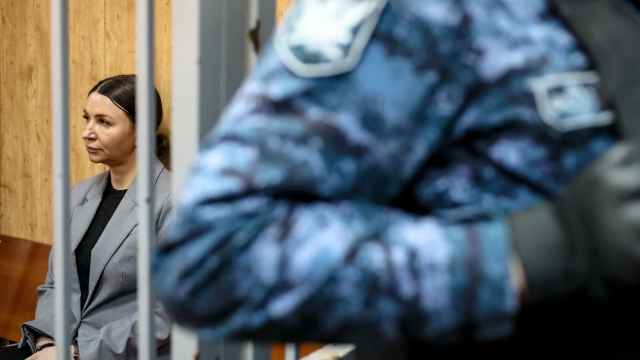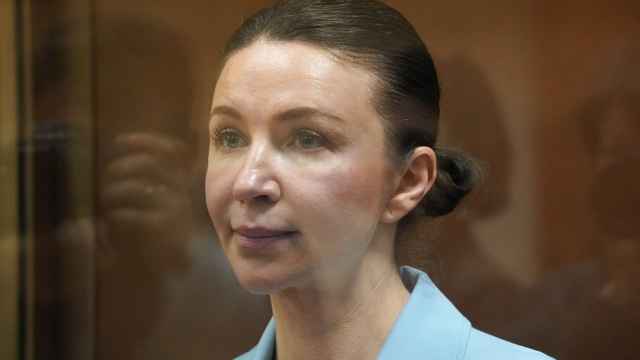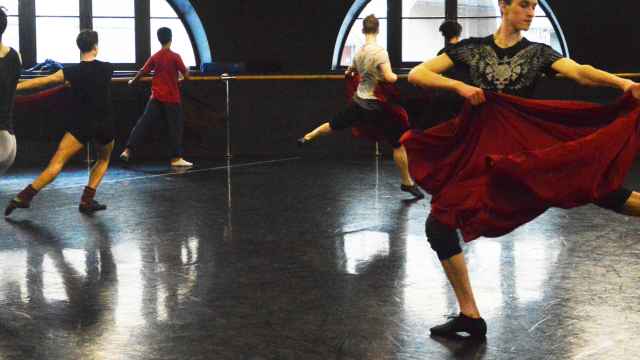Former Royal Ballet star Sergei Polunin said he is leaving Russia with his family despite being a vocal supporter of President Vladimir Putin and Russia’s invasion of his native Ukraine.
“My soul is not in its place,” Polunin, who was born in the southern Ukrainian city of Kherson and acquired Russian citizenship in 2018, wrote on his Telegram channel late Sunday.
“My time in Russia has expired a long time ago, as if I’ve fulfilled my mission here for now,” he said. “Russian people are very kind and humane. It is still unclear where we will go next, and I only hope that the soul will be calm and in its place.”
According to the RBC news outlet, the dancer complained in the summer that he had been receiving unsolicited packages in the mail and expressed concern that one of them may contain an explosive device. It was not immediately clear if his departure from Russia was connected with those concerns.
Polunin, 35, has three tattoos of Putin on his chest and shoulders, as well as a Ukrainian trident on his right hand. He previously helped organize donation drives for Russian soldiers fighting in Ukraine and was one of Putin’s surrogates during the presidential election held earlier this year.
After Russia invaded Ukraine in 2022, Polunin’s show was canceled in Italy following online backlash, and authorities in Uzbekistan reprimanded him for a pro-war performance that deviated from a previously agreed program.
In 2010, Polunin became the youngest male principal in the history of the Royal Ballet in London, where he earned a reputation as a “bad boy of ballet.” He left for Russia two years later to become a principal dancer at both the Stanislavsky Music Theater in Moscow and the Novosibirsk State Academic Opera and Ballet.
Polunin was appointed director of the Sevastopol Opera and Ballet Theater in annexed Crimea in 2019.
A Message from The Moscow Times:
Dear readers,
We are facing unprecedented challenges. Russia's Prosecutor General's Office has designated The Moscow Times as an "undesirable" organization, criminalizing our work and putting our staff at risk of prosecution. This follows our earlier unjust labeling as a "foreign agent."
These actions are direct attempts to silence independent journalism in Russia. The authorities claim our work "discredits the decisions of the Russian leadership." We see things differently: we strive to provide accurate, unbiased reporting on Russia.
We, the journalists of The Moscow Times, refuse to be silenced. But to continue our work, we need your help.
Your support, no matter how small, makes a world of difference. If you can, please support us monthly starting from just $2. It's quick to set up, and every contribution makes a significant impact.
By supporting The Moscow Times, you're defending open, independent journalism in the face of repression. Thank you for standing with us.
Remind me later.






